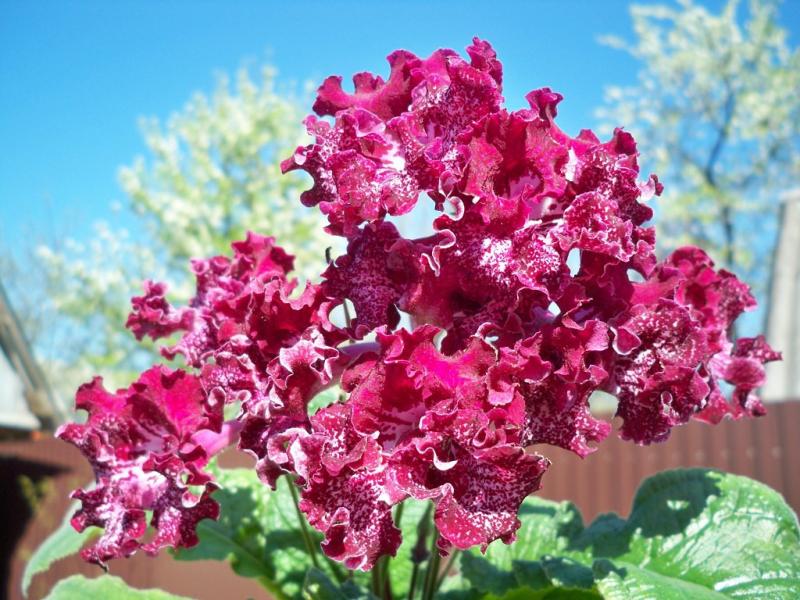Many people dream of having a beautiful blooming "winter garden" on their windowsill. But sometimes the plants start to wither. If you do not identify and eliminate the cause of the deterioration in their "health", they may even die.

Lack of light
Even if the flowers are on a windowsill or in front of a window, they may lack light. Many apartments overlook the north, shady side, so the sun's rays in insufficient quantities penetrate the room. Plants that have to live in a lack of natural sunlight need additional lighting. Experienced gardeners recommend getting special lamps and placing them over the flowers. It is desirable that the duration of daylight hours is at least 10-12 hours.
Watering frequency
Some amateur gardeners make the mistake of watering all flowers with the same amount of water and at the same frequency. Some plants like abundant, frequent watering, some need very little. The best option would be to find out the preferences of each plant and sign on the pot.
The season also affects watering. Spring-summer for plants is a period of active growth, so they need more moisture. But in autumn-winter, the processes slow down, and much less moisture is required.
At any time of the year, it is important to ensure that the soil does not dry out completely in the pot, but also not to flood the plant, making a "lake" in the pot.
Lack of nutrients
The lack of nutrients not only slows down the growth of indoor plants, but also makes them vulnerable to disease. Houseplants have a limited supply of minerals in their soil, and this supply is quickly depleted. Mineral fertilizers will solve this problem with a lack of nutrients.
Top dressing is carried out in summer and spring, as well as during flowering and active growth.
The presence of diseases and pests
If flowers began to lose their beauty for no apparent reason, they may have become victims of diseases and pests. Sluggish, dying plants should be checked for dark spots. The most likely causes of their appearance are diseases such as powdery mildew, mosaic disease, anthracnose and septoria. These diseases are caused by fungi and viruses. To combat them, special preparations are used, which can be purchased at a flower shop. If the necessary measures are not taken, plants may die.
Pests are no less dangerous, they cause the appearance of mucus on the leaves, spots, holes, lethargy of the stem. By such signs, it is easy to recognize thrips, aphids and ticks. If insects have been seen on one of the plants, it must be isolated from the rest and try to cure it. Newly acquired flowers also cannot be immediately placed in a common flower garden, first you need to observe the newcomer and his "health" (quarantine).
In any case, the entire flower garden must be periodically checked and preventive spraying carried out.
Contaminated air
Houseplants filter the air in the house, convert carbon dioxide into oxygen. Polluted air can disrupt the process of photosynthesis, plant respiration.


